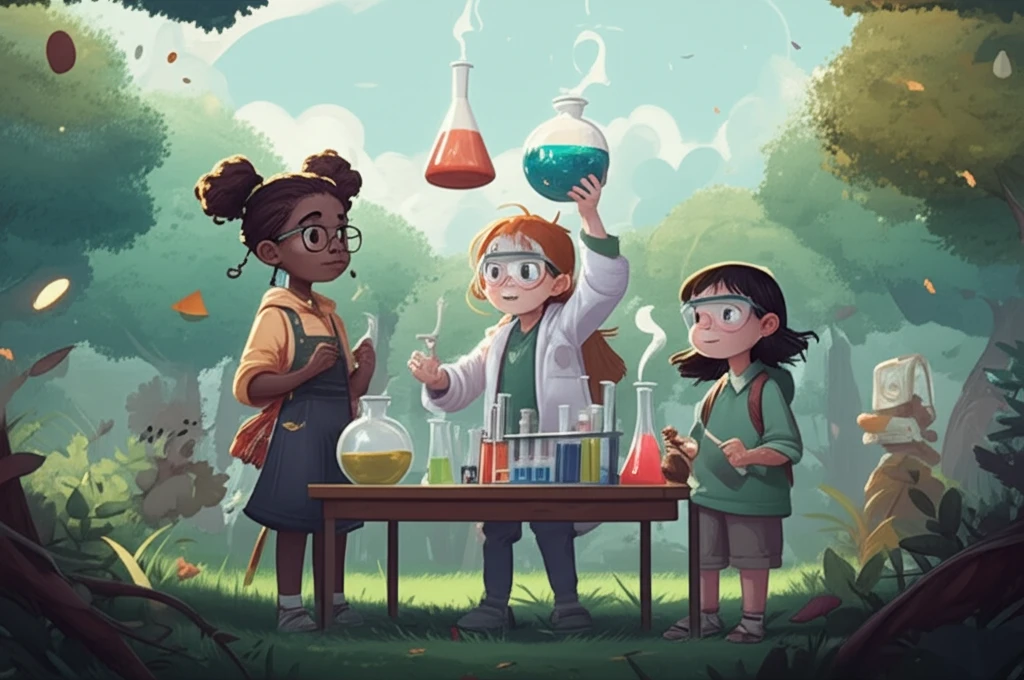
Unlock Chemistry: How to Spark a Lifelong Love of Science
"Inspiring the Next Generation: Insights into College Chemistry Outreach and Effective Teaching Strategies"
Informal science education, encompassing experiences outside the traditional classroom, plays a crucial role in sparking curiosity and fostering a deeper understanding of the world around us. While formal education provides a structured curriculum, informal environments offer the flexibility to explore scientific concepts in engaging and accessible ways. These experiences range from everyday interactions and media engagements to visits to museums, zoos, and aquariums, each contributing to a well-rounded science education.
College students are a vital yet understudied group of informal science educators. Through outreach programs associated with organizations like the American Chemical Society (ACS) and Alpha Chi Sigma (ΑΧΣ), these students reach nearly a million people annually. Their efforts, often centered around captivating demonstrations like elephant toothpaste and liquid nitrogen ice cream, aim to make chemistry exciting and accessible.
Understanding how these college students approach teaching in informal environments is crucial for enhancing the effectiveness of outreach programs. By examining their beliefs about teaching, learning, and their audience, we can identify strategies that promote genuine understanding and address potential misconceptions.
Decoding the Beliefs: How College Students Approach Chemistry Outreach

A recent study delved into the teaching beliefs of college students involved in chemistry outreach. Through in-depth interviews, researchers uncovered three key categories of beliefs that shape their approach: Beliefs about the Audience, Beliefs about the Teaching Process/Pedagogy, and Beliefs about the Scope and Sequence of Content. These beliefs influence everything from the activities they choose to the way they explain complex concepts.
- Context is Key: Using real-world examples and relatable scenarios to make chemistry relevant and engaging.
- Hands-on Activities: Encouraging active participation through experiments and demonstrations.
- Visual Aids: Employing diagrams, models, and other visual aids to enhance understanding.
- Fun Factor: Emphasizing the fun and exciting aspects of chemistry to spark curiosity.
Empowering the Next Generation of Science Educators
Understanding the beliefs and approaches of college students involved in chemistry outreach is the first step towards improving the quality and impact of these programs. By fostering conversations about best practices, providing targeted training, and encouraging reflection, we can empower these young educators to become more effective communicators of science and inspire a lifelong love of learning in their audiences.
